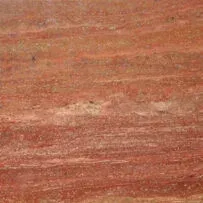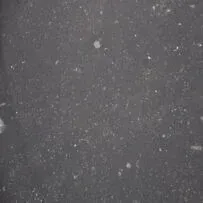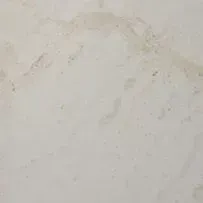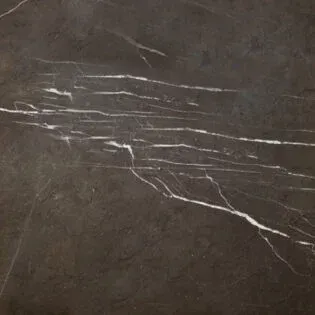Limestone & Travertine Stone
Limestone is a hard sedimentary rock composed of dolomite and calcium carbonate. Limestone forms when these minerals precipitate out of water containing dissolved calcium. Limestone often contains fossils of accumulated marine skeletons and shells on the ocean floors over millions of years, and found in common rock in canyons and cliffs where large bodies of water have receded. Its recognizable by its fossils and natural colors, ranging from crème, gray and black. Although generally durable, limestone is soft and can chip, scratch, absorb, and stain easily. Generally, one of the least expensive natural stones. Natural stone sealant required as well as normal maintenance with a balanced PH natural stone soap.
Application: Interior residential and commercial floors, wall cladding, fireplace surrounds, bathroom counters, floors and walls. Not recommended for kitchen or bar counters.
Travertine is a form of limestone deposited around mineral springs, especially hot springs. Has a fibrous porous appearance which usually is factory filled and exists in white, cream, tan, and rusty colors. Has striations of similar color tones within its body of mass which show up in cross cut or vein cut tile or slab formats. Its typically available in polished or honed finishes. As Limestone, travertine is soft, can chip, scratch, absorb and stain easily, so it must be sealed and maintained properly. Mainly found in and used in Italy as a building material. Generally, one of the least expensive natural stones. Natural stone sealant required as well as normal maintenance with a balanced PH natural stone soap.
Application: Interior residential and commercial floors, wall cladding for residences, hotels, commercial and residential lobbies, fireplace surrounds, bathroom counters, floors and walls. In warm moderate climate conditions, it is used outdoors for pavers, walkways, and wall cladding. Not recommended for kitchen or bar counters.








